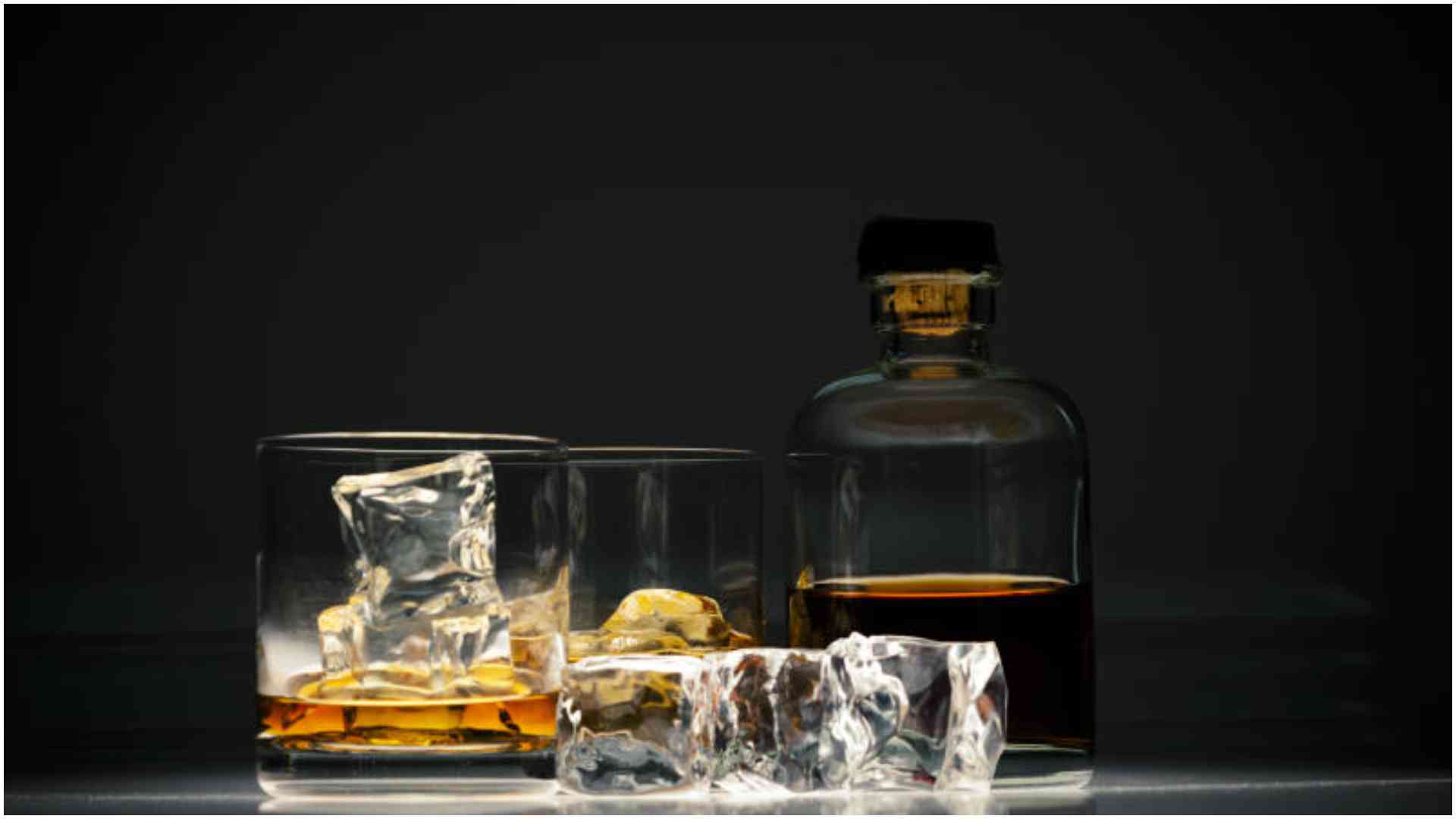In a country where “sherehe ni sheria” is more than just a saying, Kenyans are clashing over recent proposals by the National Authority for the Campaign Against Alcohol and Drug Abuse (NACADA) regarding the 2025 National Policy on Alcohol, Drugs and Substance Abuse.
In an official statement, Nacada proposed sweeping reforms, including raising the legal drinking age from 18 to 21, banning online alcohol sales, home deliveries, and limiting alcohol outlets near schools, churches, and residential areas.
They also suggested banning celebrity endorsements, alcohol ads during children’s programs, and irresponsible promotions.
According to Nacada, 87.3 per cent of university and college students consume alcohol, influenced by friends, online liquor stores, and nearby bars.
“Research shows that delaying alcohol initiation reduces addiction risk and protects young people’s brain development,” Nacada said.
The reforms would involve county governments, law enforcement and faith-based groups as part of a broader prevention strategy.
“This is not a standalone fix. Paired with enforcement, youth education, and community programs, we can significantly reduce the alcohol and drug abuse crisis,” Nacada added.
But the proposals sparked heated reactions from the youth.
Celebrity reactions weren’t any quieter. Award-winning artist Bien Aime Baraza and singer Nviiri the Storyteller shared opposing views on the matter.
Bien called Nacada’s ban on celebrity alcohol ads “hypocrisy,” claiming it unfairly targeted creatives who rely on such deals to make a living.
“These bans affect creatives and the advertising industry heavily,” he posted.
“Instead of addressing joblessness and deeper youth struggles, they’re blocking our only sources of income. Pretending to care about us while we’re being harassed or even killed by those meant to protect us? That’s the real hypocrisy.”
Nacada maintained that the policy wasn’t about moral policing, but public health.
“Let’s be clear: this isn’t about fake morality. It’s about protecting youth from harmful marketing tactics. Alcohol is the most abused substance—some start as young as 13,” Nacada said.
They added that influencers and celebrities play a huge role in shaping drinking behavior.
Public reactions were varied. Fiona Mwangi, a 20-year-old university student, disagreed with raising the legal drinking age.
“I think it’s unfair. An 18-year-old is considered responsible enough to pay taxes, yet not trusted enough to drink alcohol. How ironic,” she said.
Allan Jones (22) feared the regulations would hurt small businesses: “Msisahau pia wenye wako kwa io business watakapitia. If they cannot make home deliveries, do promos and advertise their products, the customers will reduce and this is bad for business.”
But not all Gen Z voices opposed Nacada’s moves. Joshua Kiptum, a mental health advocate is of the suporting side. “Maybe it’s not a vibe to drink at 18. The pressure to look lit has cost people their mental health. Sometimes… being boring is being safe,” he said.
From Nacada’s side, the agency said limiting alcohol visibility didn’t mean waging war on the creative economy.
“This is not a war against the creative industry. It’s a call for all of us—artists, marketers, and policy makers—to co-create a culture where talent thrives and youth don’t have to choose between economic survival and public harm,” they said.
They likened their approach to restrictions on tobacco and pharmaceutical ads, reminding Kenyans that alcohol isn’t just another product.
26-year-old Duncan Kiptoo agreed stating even with the Nacada regulations, taking drugs and alcohol narrows down to someone’s behaviour, morals and upbringing.
“If we glamourise liquor but not therapy, if our timelines are full of bottles but not dreams… are we really choosing freedom or numbing pain?” he posed.


